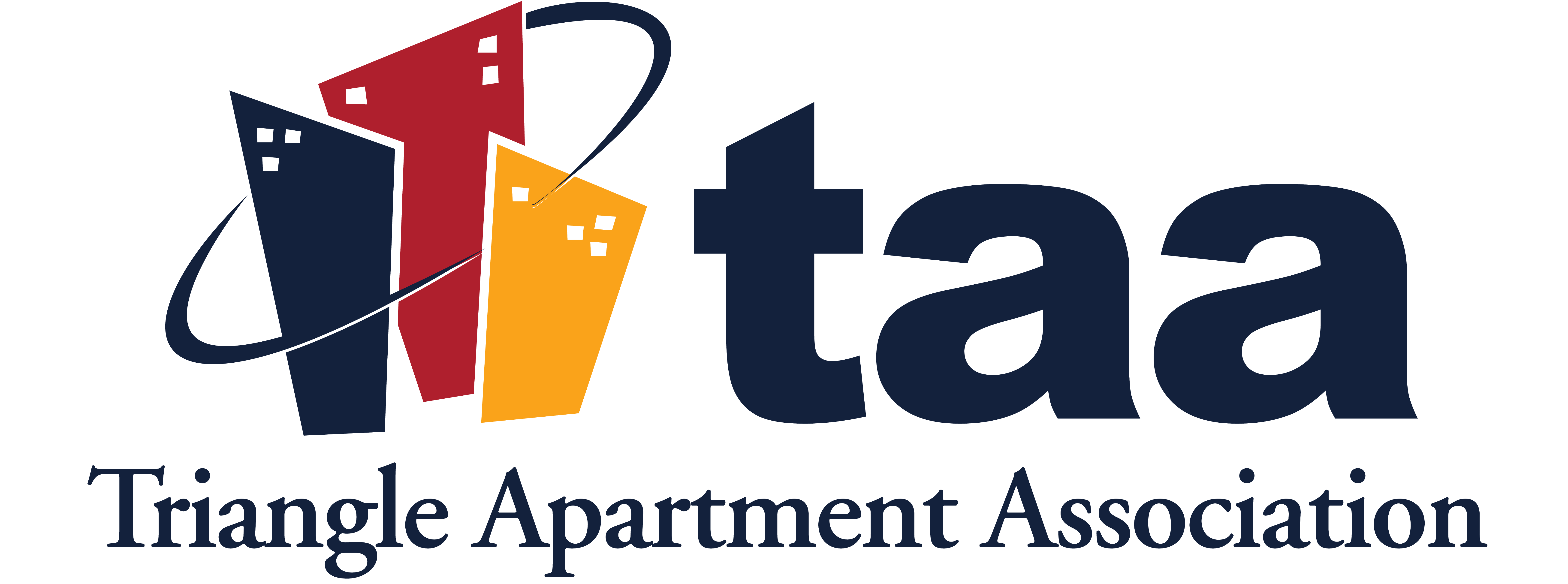Chapel Hill Approves Six-Month Affordable Housing Development Review Process
Wednesday night, Chapel Hill Town Council approved changes to the Town’s Land Use Management Ordinance (LUMO) that shortens the development review process for projects that include at least 25% affordable housing. The changes reduce the timeline from 12-18 months to less than six months. The new policy will make it easier for developers to capitalize on funding assistance and incentivize the creation of more affordable housing in town.
“Wednesday night’s vote to adopt a new, expedited Community Priority process for affordable housing demonstrates the Town’s commitment to putting our values into action,” said Mayor Pam Hemminger. “We are fortunate to have dedicated housing partners in Chapel Hill and want to help them succeed at creating more housing for families here. Reducing both time and cost for those projects is a win for all of us.”
Eligibility requirements include:
- Development projects must include at least 25% of its units as affordable
- Rental projects must offer affordable units to households earning 60% or less of the Area Median Income (AMI)
- Home ownership projects must offer affordable units to households earning 80% or less of AMI
The new process supports the Town’s “Projected Housing Needs, 2020-2040” study, the Complete Community Strategy, and the Shaping Our Future initiative.
Additional details of the adopted policy can be found at townofchapelhill.org/government/departments-services/planning/plans-and-ordinances/housing-access-text-amendments.
Council passed the amendment unanimously, and the Town will begin implementing the program immediately.
The Town’s Planning and Affordable Housing & Community Connections departments drafted the text amendment in response to a 2021 Council petition. The petition asked staff to create an expedited application process for developments with a significant affordable housing component. It also asked staff to implement strategies to rapidly promote increased production and availability of affordable and missing middle housing.
After receiving the petition, staff explored potential solutions. They piloted several strategies to streamline review of affordable housing projects, gathered feedback from the community, and engaged key stakeholders about their experiences with rezoning in Chapel Hill and neighboring municipalities. Their findings helped shape the proposed changes, including:
- Eliminating the concept plan review process for qualifying projects
- Shifting some of the technical details required in the rezoning stage to later stages of plan review and permitting
- Exempting eligible applicants from review by all advisory boards except for Planning Commission
- Delegating authority to staff for minor project modifications after rezoning approval
